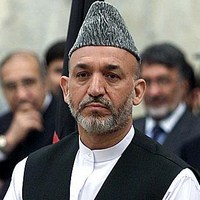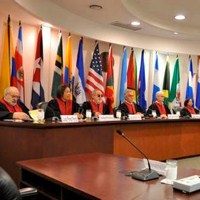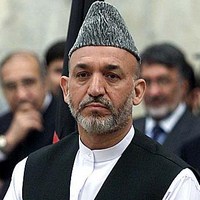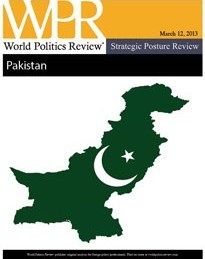
While American policymakers are fond of repeating the mantra that “all options are on the table” when it comes to dealing with Iran and its nuclear program, the president publicly took one option off the table during his recent visit to Israel: Speaking to college students, Barack Obama reiterated, “Iran must not get a nuclear weapon. This is not a danger that can be contained.” If the Obama administration has indeed definitively rejected containment as an option, the United States will not develop contingencies for if and when Iran crosses the nuclear threshold. That means Washington is now committed to […]















